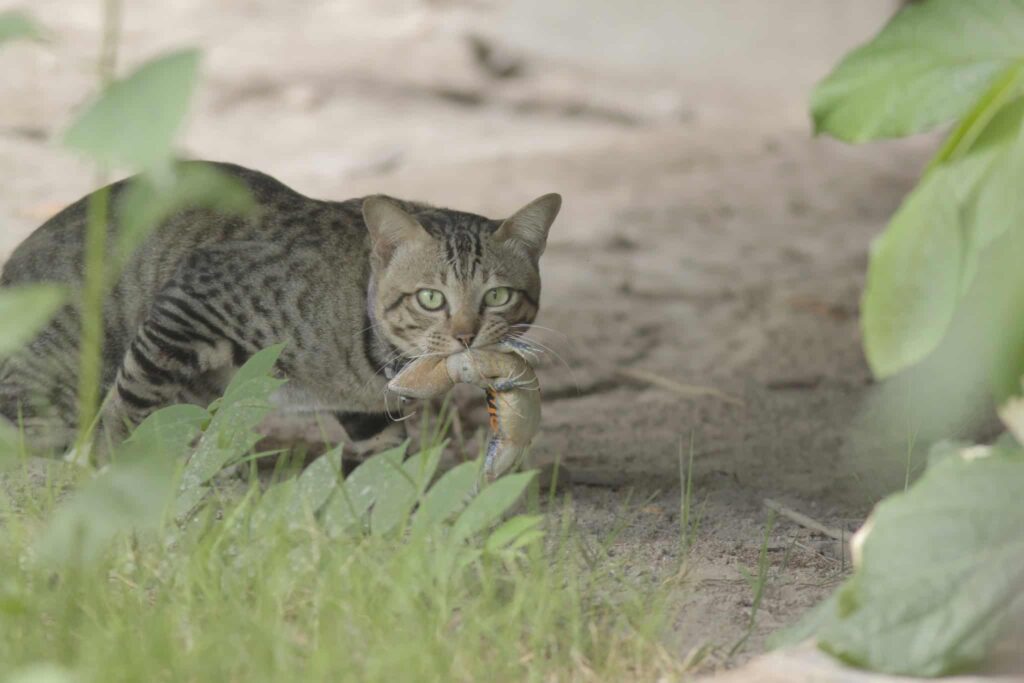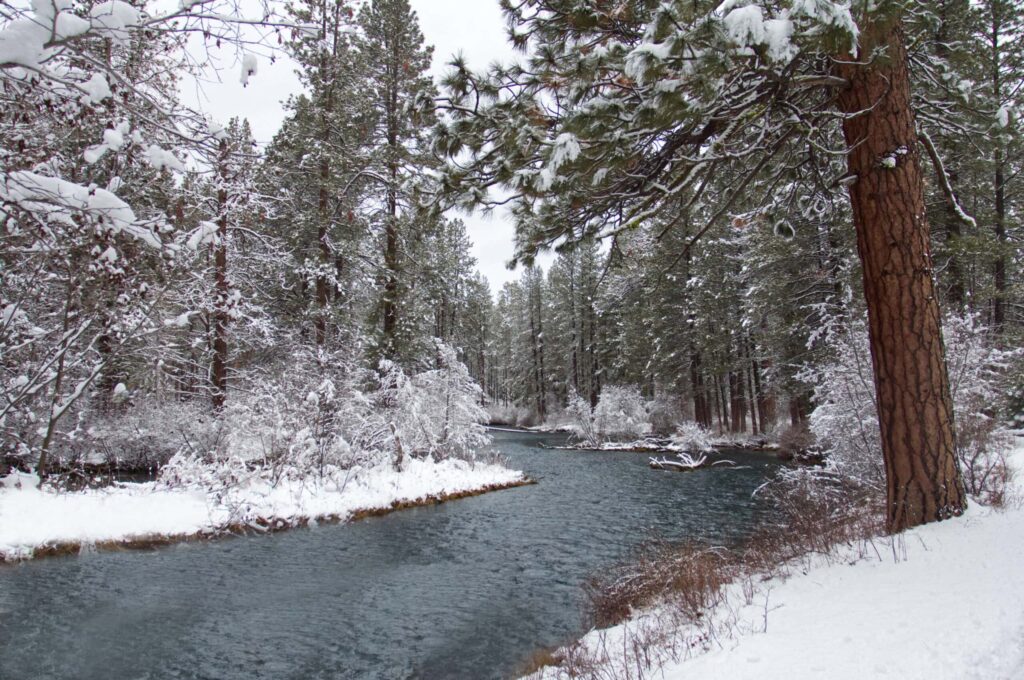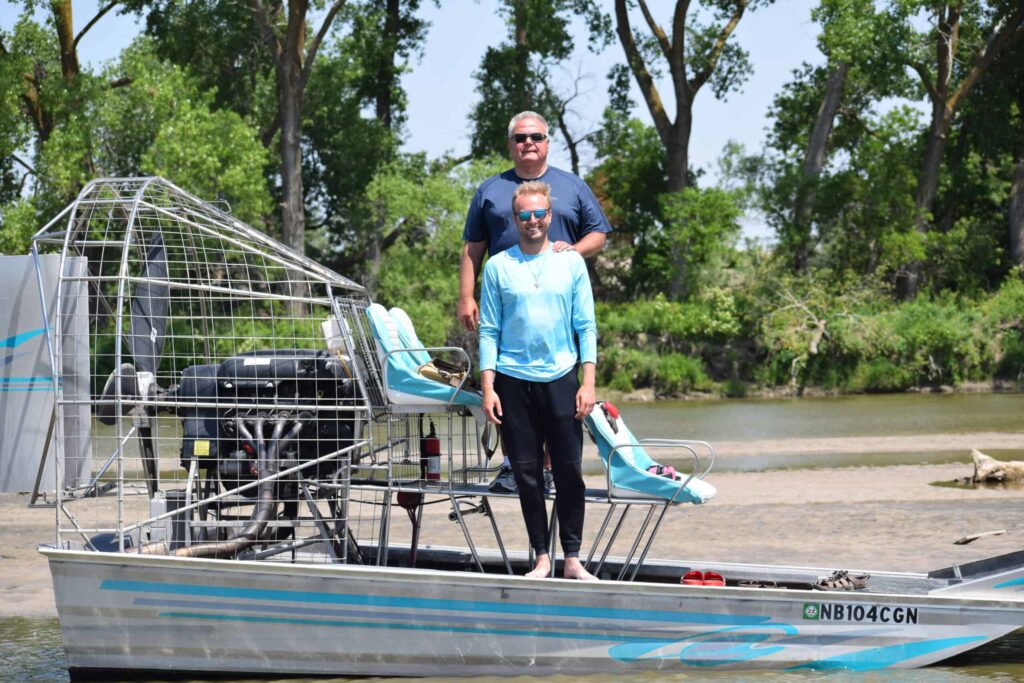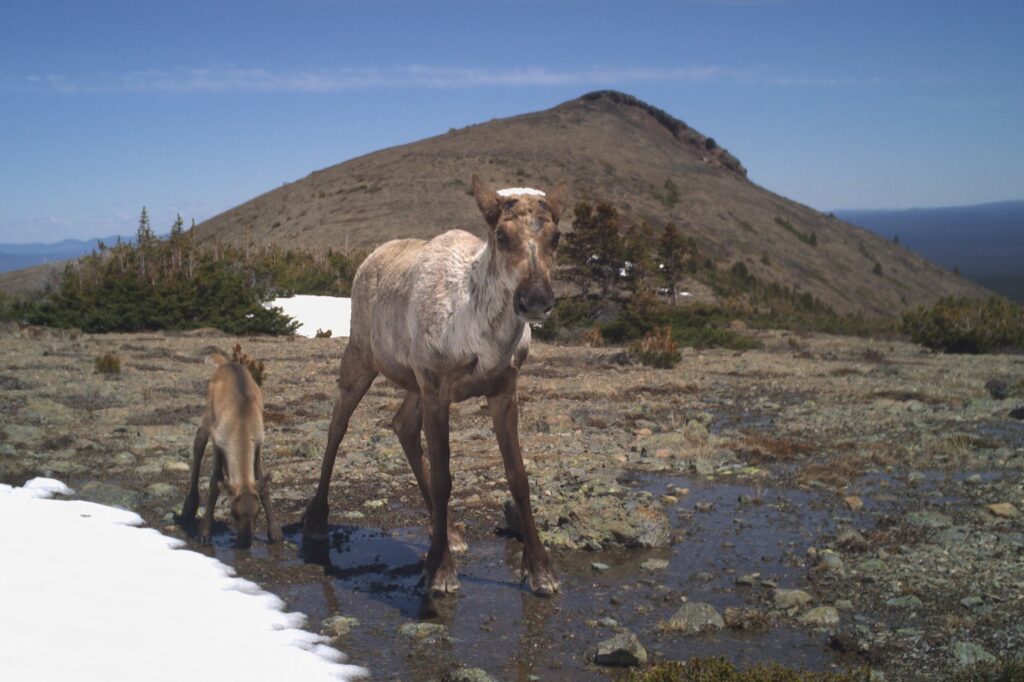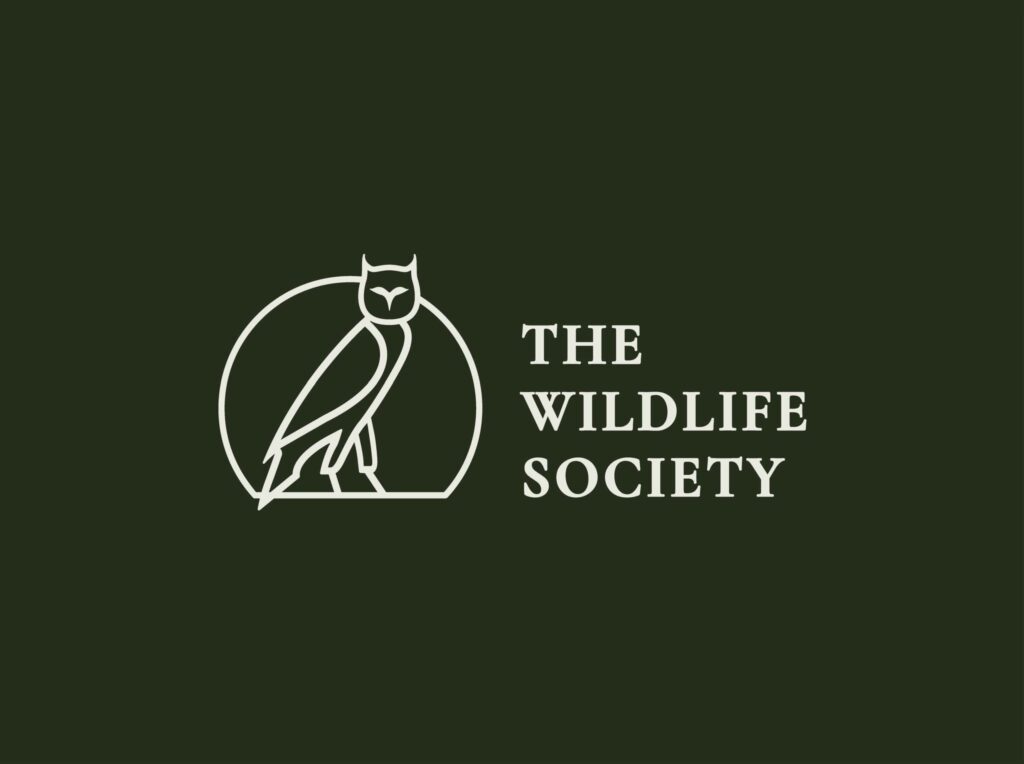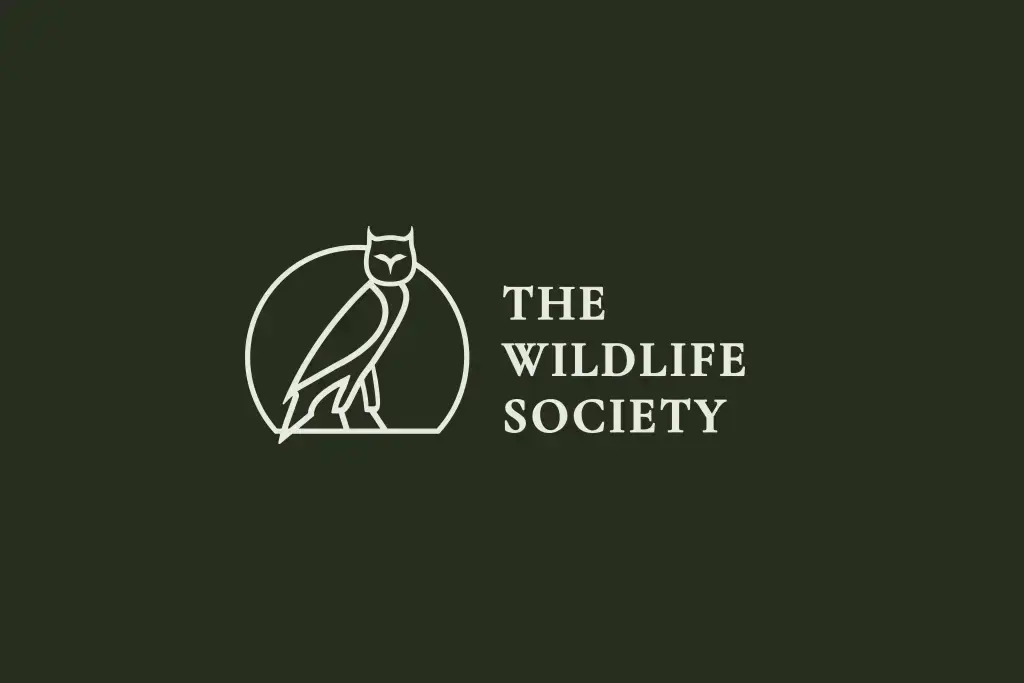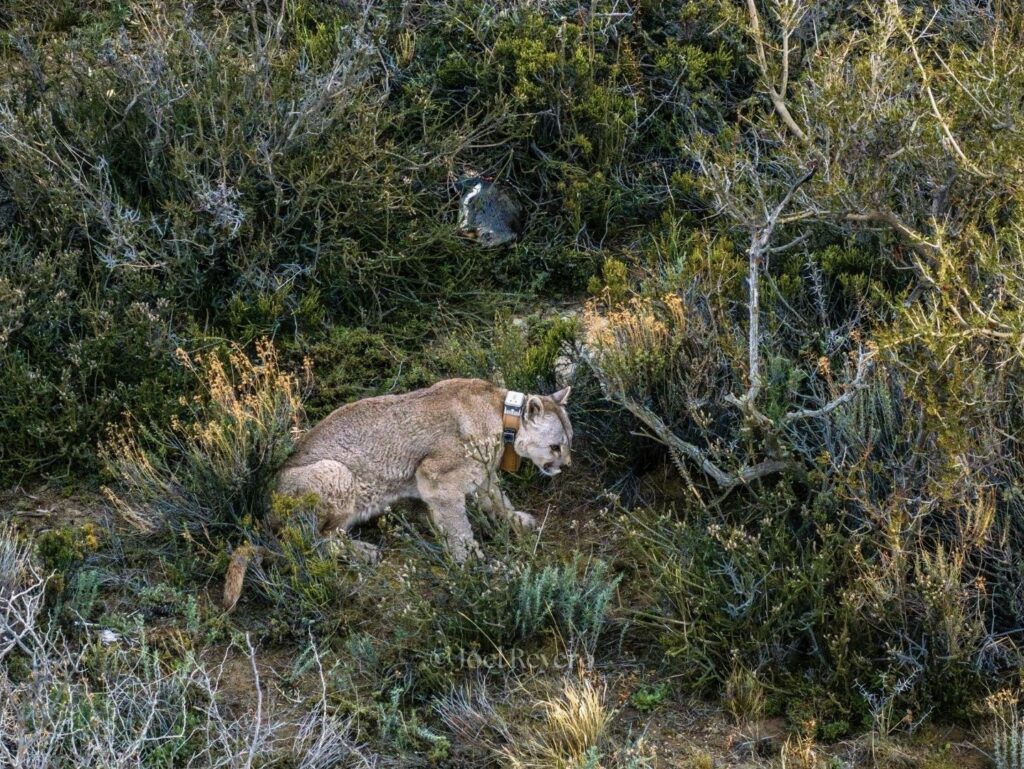As we approach our first in-person Annual Conference of The Wildlife Society after three years apart, this is a great opportunity to reemphasize our collective responsibility and commitment as wildlife professionals and TWS members to ensure everyone attending the conference, or any events, has a safe and rewarding experience. The Annual Conference will be an exciting new experience for many who joined during the pandemic and a highly anticipated opportunity to reconnect for our established members.
As wildlifers, we share a collective sense of purpose and dedication to our field, which can blur professional and personal boundaries in some settings. That melding of personal and professional circles can often create a wonderful sense of community and camaraderie, but only as long as boundaries are acknowledged and respected. Maintaining professional boundaries and respecting and safeguarding personal boundaries of those you interact with is essential as a wildlife professional and member of TWS.
As an organization, TWS has explicit Council-approved expectations for conduct that apply to all our members as well as conference attendees. TWS members are expected to abide by the TWS Code of Ethics, and directors, officers, volunteers and employees are expected to abide by the TWS Code of Business Conduct, referred to as the TWS Code. These documents apply before, during, and after the conference. TWS also has its Guidelines for Professional Behavior, which apply to all conference attendees.
To help clarify expectations and put these documents into context, a coalition of officers from multiple TWS Organization Units—along with several active members of TWS’ Diversity, Equity and Inclusion Network—put together this quick guide for how to be a great conference participant and get invited back.
Great expectations
To students and professionals attending the Annual Conference for the first time, welcome! With so much going on at once within just a few days, the conference experience can be overwhelming. Don’t be afraid to ask questions during presentations or dive into the fray to meet new people at one of the receptions and networking events. That’s why we have them!
To our seasoned professionals, you are our role models within the wildlife community. We ask that you invest time mentoring our early career professionals and be kind, courteous and respectful in your interactions with everyone you meet. Our students and new professionals are the future of our field and will learn from your example. Create space at your tables and conversation circles for new people to join you.
To everyone attending, we ask that you exemplify allyship and respect in each of your interactions throughout the conference and lead by example in all you do. Please bring an open mind and a willingness to listen and learn from experiences and knowledge of those around you. Being a good ally means being willing to listen and may involve taking responsibility for a mistake. It also means receiving feedback graciously and committing to improving our interactions.
Regardless of career status or role in the wildlife field, we all have a professional obligation to look out for one another and respond if we see or experience disrespectful, unprofessional or otherwise concerning behavior. That obligation extends beyond official events held at a discrete conference venue and includes offsite interactions that may occur throughout the course of the conference.
Quick tips for making good choices
Before you go:
- Know your employer’s and institution’s policies and guidelines for conduct while on travel status and adhere to them. These usually apply to the entire time you are traveling, not just regular business hours.
- Know TWS’s Guidelines for Professional Conduct, which apply to all event attendees. TWS members are further bound by the Code of Ethics and Code of Business Conduct.
- Take a training on active bystander or allyship techniques so you have the tools to respond if a situation occurs (see below for some ideas).
- Talk to your supervisor or human resources contact about expectations, and share any concerns you may have. If you are not comfortable going to someone in your organization or chain of command, seek out others, like a union or independent legal adviser, who can provide direction.
- Supervisors, know your responsibilities as an employer, and know TWS’ conduct policies. Be ready, willing and able to respond to emergent situations and intercede quickly and effectively.
- Have a plan for how to handle any situations that may come up. Check-in with coworkers or colleagues who may be attending and discuss options.
- Check with the venue to ensure you know its policies and are aware of additional resources that may be available on site to help address problems.
- Meet the new Ombudsperson who will be available in person at the conference. The ombuds will serve as an independent, neutral, off-the-record and confidential resource for conference attendees to discuss any concerns they may have regarding conference-related behaviors and activities. (Jen G. Sims- located in the Ballroom 111 Show Office.)
During travel:
- Speak up if a situation or conversation feels like it might be crossing a professional or personal boundary. This could happen on-site or off-site, so please speak up if you feel comfortable and safe doing so. You have the right to clarify expectations and boundaries and have them be respected.
- Leave the situation and seek assistance if the concerning behavior doesn’t improve.
- Make every effort to address an issue immediately and learn from it if you suspect (or are informed) that you have crossed a boundary. If done respectfully, you stand to gain insight and respect if you ask the other party for clarification and seek to understand. If all else fails, simply remove yourself from the situation if you are not equipped to respond appropriately and professionally in the moment.
- Be an ally for those around you and offer assistance. If you aren’t sure what to do, ask our ombuds for advice.
Above All
- Don’t let others pressure you into something you don’t want to do.
- Don’t pressure others into doing anything they don’t want to do.
- If you choose to drink, drink responsibly. Alcohol will be present during and after conference events but know that you are not expected to drink. If you do choose to drink, know your limits and have a plan for getting to and from your accommodations safely.
- Intoxicated attendees and/or coworkers are not your responsibility, they are their supervisor’s and employer’s responsibility. You are under no obligation to put yourself at risk for someone else.
- Your priority is your own personal safety. Whether it means asking for help, running away or calling 911, do what you need to do to keep yourself safe.
- If you see something, say something. Don’t hesitate to ask for help if someone’s behavior is creating a safety concern of any kind. TWS staff and ombuds are there to help. TWS is committed to ensuring a safe and equitable experience for all attendees.
Getting Uninvited
Violating these guidelines or the TWS Code of Ethics may lead to members being uninvited from future TWS events. Please see the enforcement section of the Code of Ethics for full details on enforcement and potential consequences. Reports can be made in-person to our ombuds or online.
Article by The Wildlife Society